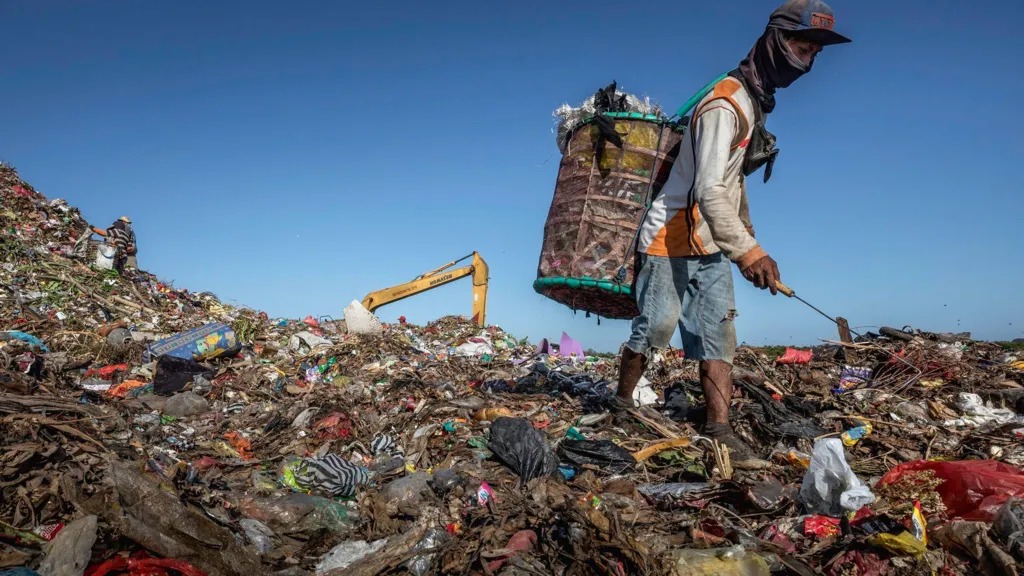
Global Plastic Talks Collapse Amid Oil State Opposition
Efforts to create a global treaty addressing plastic pollution have stalled after two years of negotiations. The final round of talks in Busan, South Korea, concluded without an agreement due to disagreements between nations advocating for plastic production cuts and oil-producing countries prioritizing economic interests.
Plastic Pollution: A Global Crisis
Since 1950, over 8 billion tonnes of plastic have been produced, with less than 10% recycled, according to the United Nations. Millions of tonnes enter oceans annually, harming marine life and ecosystems. Wildlife such as birds, fish, and whales are often injured or killed by entanglement or ingestion of plastic debris.
Plastic also contributes significantly to climate change, accounting for 5% of global emissions as it is derived from fossil fuels. Reducing plastic production could, therefore, address both pollution and emissions.
Key Divisions in the Treaty Negotiations
The talks’ collapse centered on disagreements over Article 6, which proposed legally binding commitments to reduce plastic production.
A coalition of 95 countries, including the UK, EU, African Group, and South American nations, strongly supported cutting production levels. Camila Zepeda, Mexico’s chief negotiator, stated, “We carry the weight of expectations to protect our citizens and the environment from the plastic pollution crisis.” Her comments were met with widespread applause.
However, oil-producing nations, including Saudi Arabia, Kuwait, Iran, and Russia, opposed binding production cuts. These countries view plastic as a key growth market as global oil demand in other sectors declines. Salman Alajmi, a Kuwait delegate, argued that reducing plastic production could undermine global progress and worsen economic inequality.
India echoed similar concerns, citing its developmental needs as a reason for opposing production limitations.
Corporate Influence and Environmental Concerns
Environmental groups and scientists expressed disappointment over the stalled treaty. They also raised alarms about the fossil fuel industry’s influence on the negotiations. A report by InfluenceMap revealed that the petrochemical industry actively opposed production cuts, while companies like Unilever, Mars, and Nestlé supported consistent global regulations.
Nestlé’s Jodie Roussell commented, “Consensus remains elusive, delaying critical action to end plastic pollution and failing to provide businesses with the certainty needed to invest in solutions.”
What’s Next for the Plastic Treaty?
The failure to reach an agreement has delayed critical measures to combat plastic pollution. However, some advocates believe progress can still be made. Eirik Lindebjerg, global plastics policy manager at WWF, suggested that the coalition of 95 nations could proceed with their own treaty.
“Most countries want this. A treaty led by this group could still have a massive impact on ending plastic pollution,” he stated.
Despite the setback, countries are expected to reconvene next year in hopes of bridging the divide and finalizing a treaty that addresses this urgent environmental crisis.
- External Link:
Learn more about the treaty on BBC. - Internal Link:
Read related articles on Kenkou Land.





